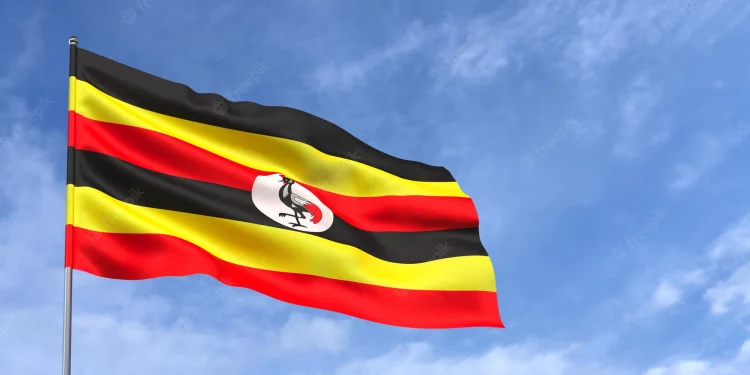Uganda is lobbying the European Union (EU) to expedite its removal from regional body’s anti-money laundering and terrorism financing grey list, a year after it was removed from the Financial Action Task Force’s (FATF) grey list.
- The country’s legislature has been amending related laws, including the Anti-Money Laundering Act, which now excludes charitable organisations from the list of accountable entities.
- Uganda’s delisting requires the passage of a resolution by the EU Parliament, which currently includes six countries, only four of which have met delisting requirements.
- Other countries on EU’s high-risk list include Trinidad and Tobago, Afghanistan, Barbados, Nigeria, Cameroon, the Democratic Republic of Congo (DRC), South Africa and Burkina Faso.
“Parliament, for the first time, amended seven laws in two weeks because we were rushing to meet the requirements,” Deputy Speaker, Thomas Tayebwa said while meeting the Deputy President of the European Union Parliament, Antonella Sberna in Brussels, Belgium.
Uganda was placed in the FATF grey list in February 2020, four years after it was placed on the EU’s list of high risk countries. While the looming removal of the country from the EU’s grey list was announced several months after the FATF announcement, the requirement for a resolution has held back the removal.
“The European Union Commission has indicated its support for splitting the resolution so that the four compliant countries can be removed. We cannot continue paying for the sins of those who have not complied. However, we were informed that the European Parliament rejected this proposal,” Tayebwa said.
Kenya, Tanzania, South Sudan and the DRC are still on the FATF grey list. The FATF identifies countries that have weaknesses in anti-money laundering frameworks that make them vulnerable to money laundering and terrorism financing. The grey list means that a country has committed to fixing the deficiencies, and is working with the FATF to strengthen its frameworks, while the blacklist is for ‘uncooperative’ countries.
Among other things, the grey list makes the international financial systems wary of processing transactions involving grey listed jurisdictions, and also affect credit rating by global agencies. In Uganda’s example, the country’s ambassador said that banks refuse to provide guarantees to likely investors because the country is still listed.




